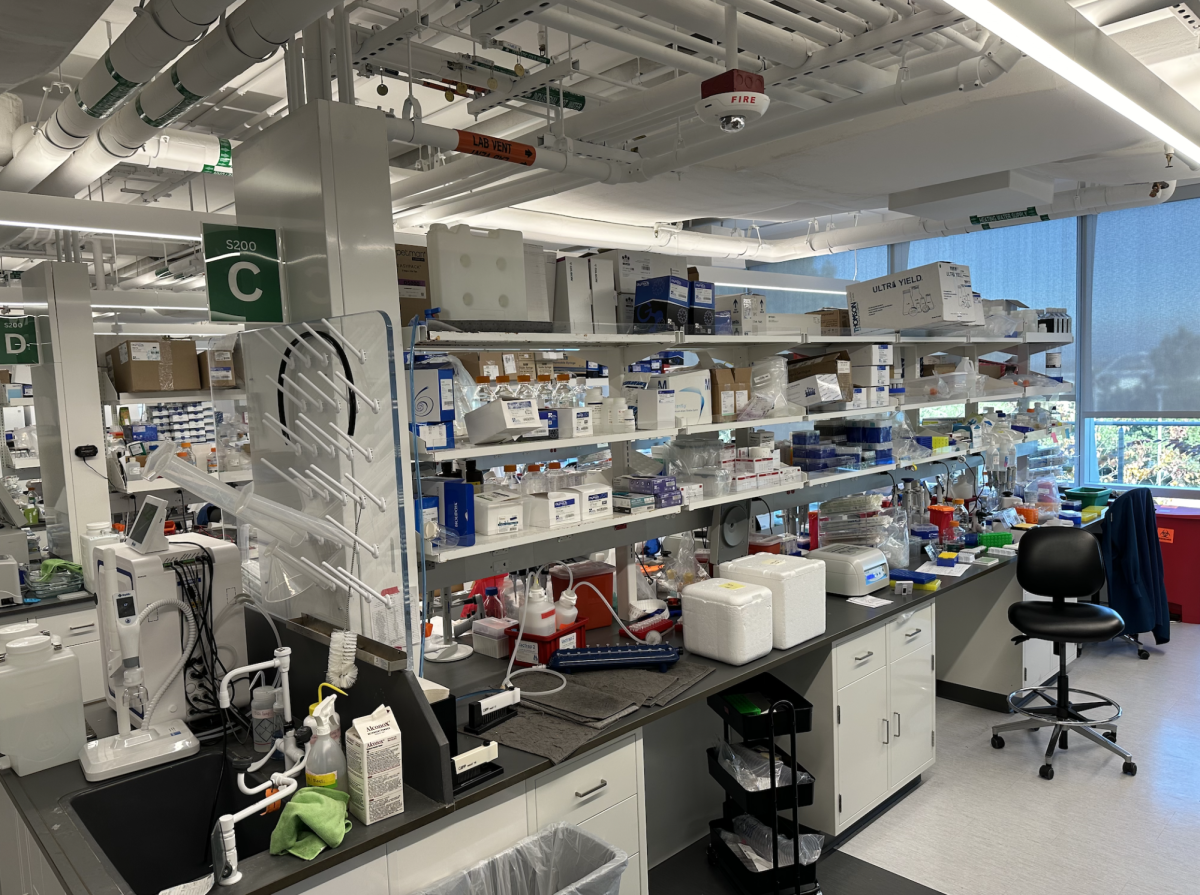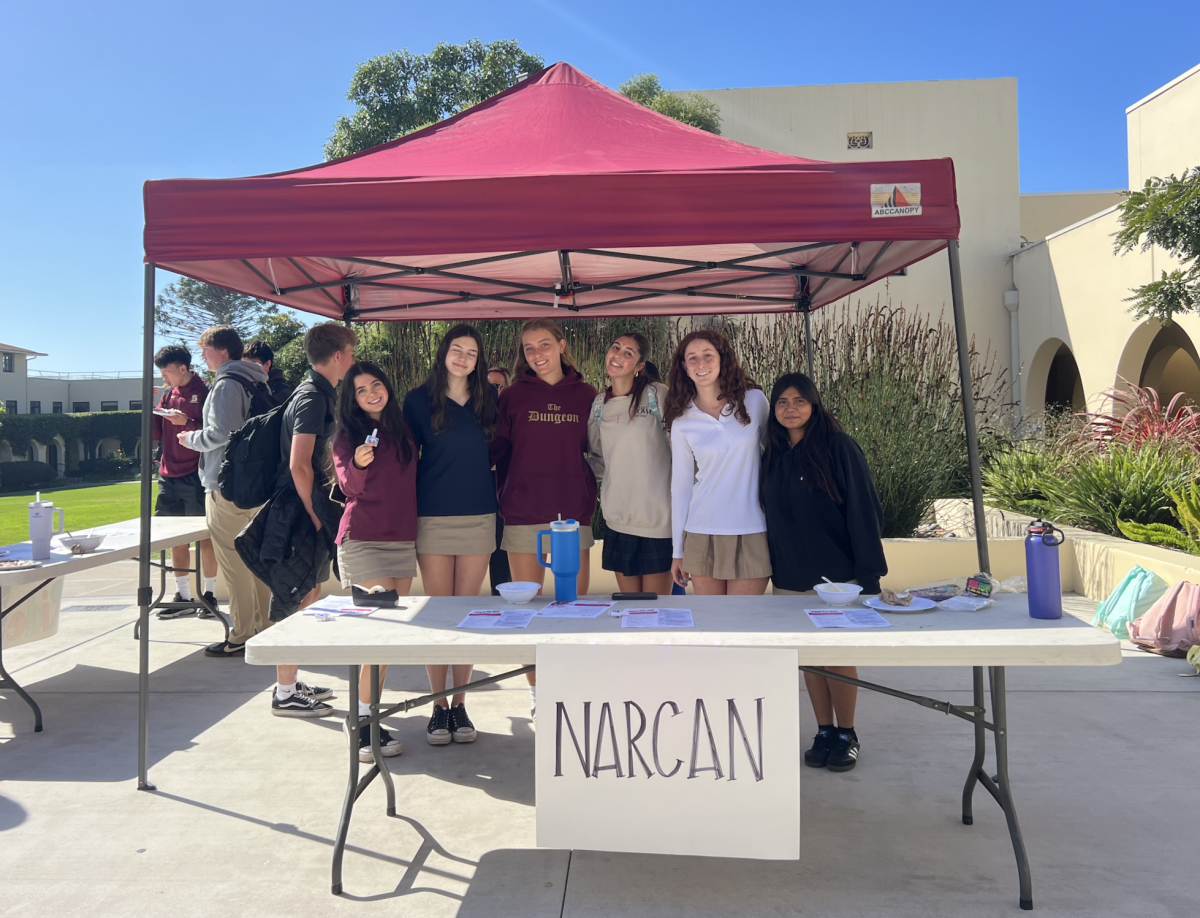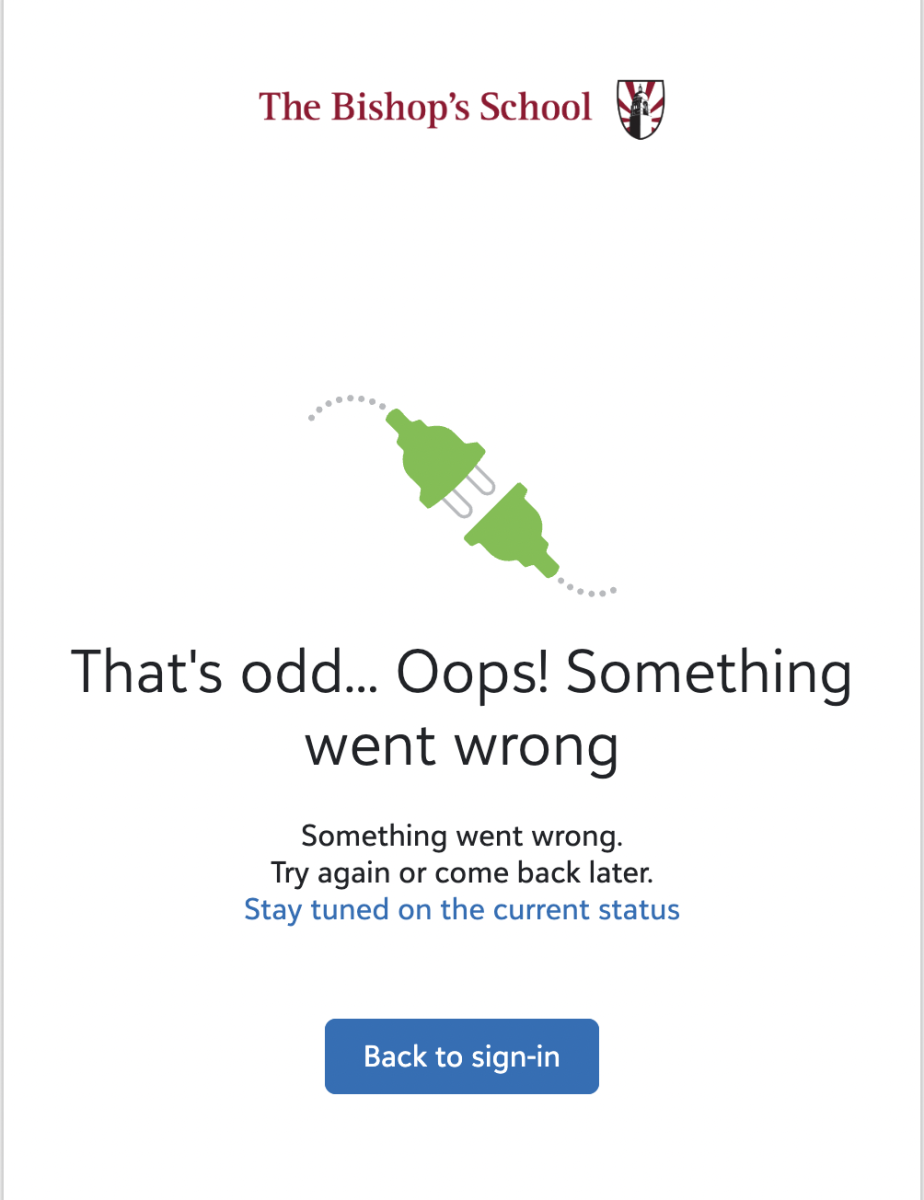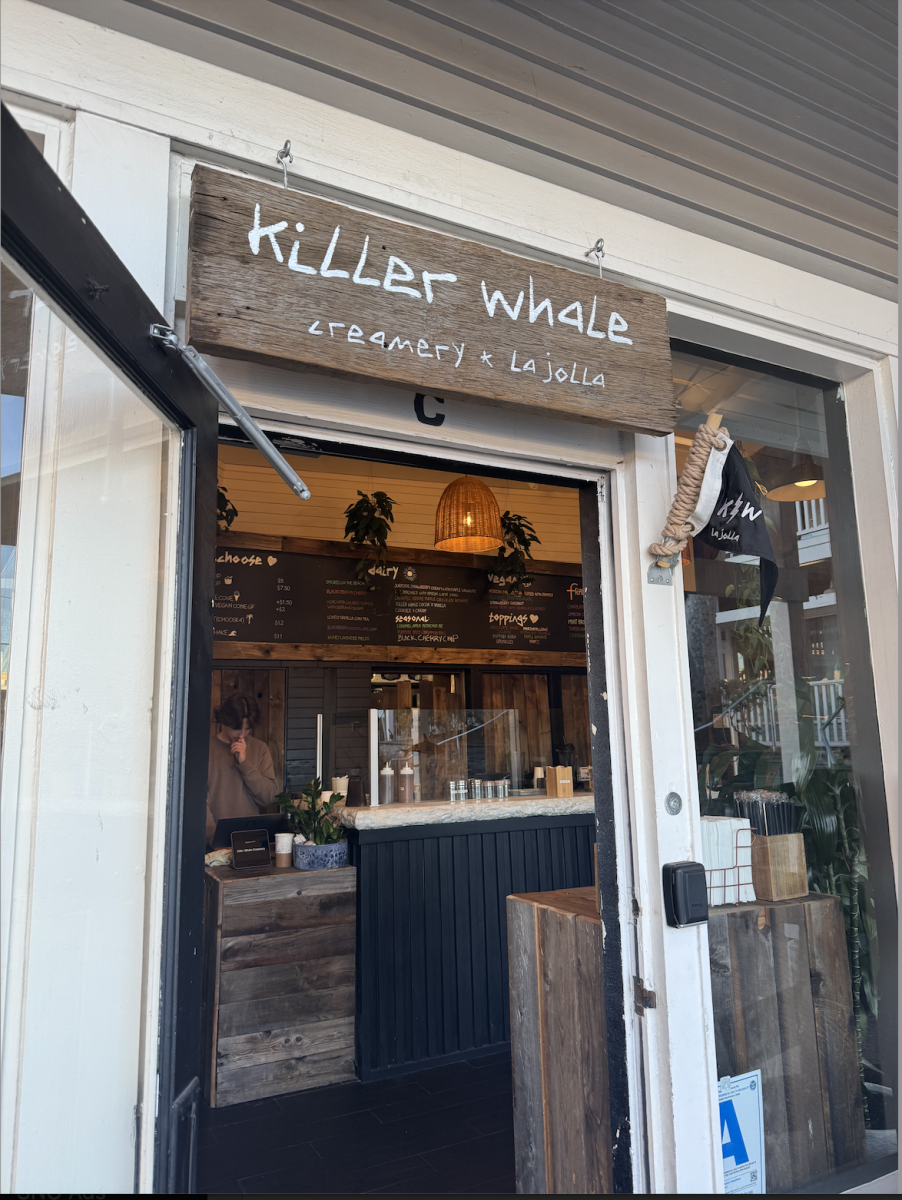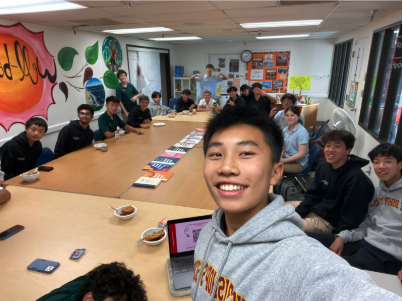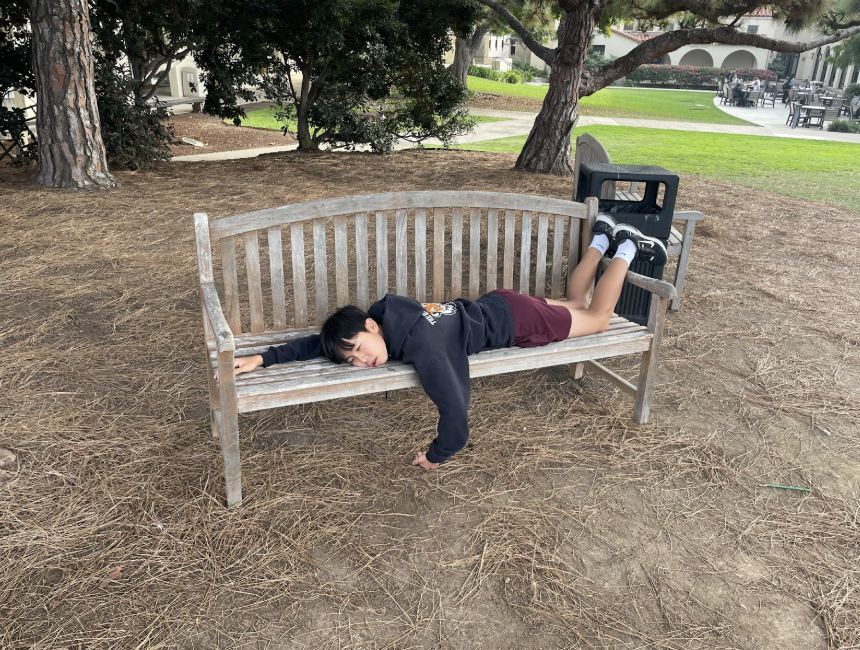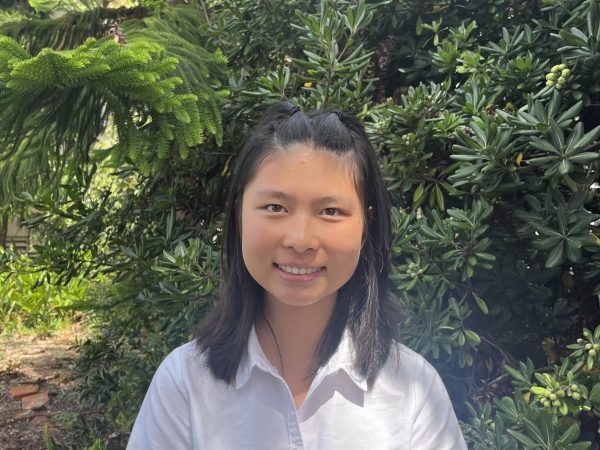San Diego is a wonderful place to live and vacation due to the sunny, good weather, but what makes it attractive to the many biotech companies who want to move here?
According to The Voice of San Diego, San Diego has been known for its biotech community for over 50 years, beginning in the 1950s when big research institutions such as the Salk Institute, University of California San Diego (UCSD), and Scripps were founded within close proximity to each other, all striving to develop new products, methods and organisms intended to improve human health. These companies succeeded with talented scientists, money, planning, and a dose of luck. These businesses recruited world-renowned scientists and slowly began to thrive. Other business owners and leaders saw this and decided that the area these institutions were built on would be dedicated to scientific research and development, marking San Diego as a hub for future biotech companies.
Due to this support from interested parties, many new biotech company startups began to grow interest in this area. If you look at a map right now, you can see so many big biotech institutes all in one area; Torrey Pines Mesa. But what really makes a biotech community so successful are the aspects that make a strong scientific community: money, talent, and research.
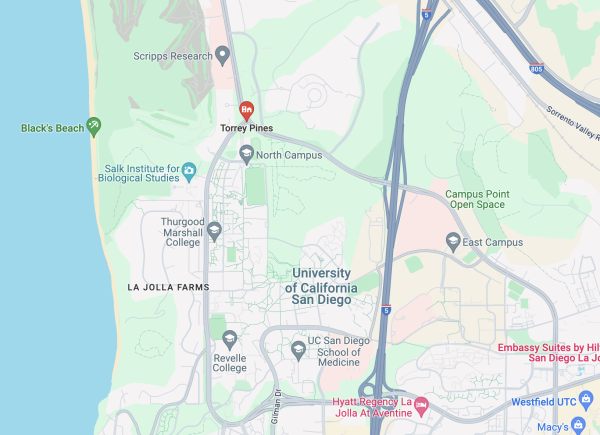
On top of the beautiful weather, many biotech startup companies have their own reasons to move or start in San Diego. Entos, a company that started in 2016 in Edmonton, Alberta, Canada, is a perfect example to look at. Now based right across the street from Scripps Clinic, Entos is a genetic medicines company that develops gene therapy for vaccines, treatments for cancer, and cures for rare diseases. It has two spin-out companies: Aegis Life, a vaccine discovery company, and a cancer treatment company called OncoSenX. A spin-out company is a company that branches from the mother company that has a mission of more specific things.
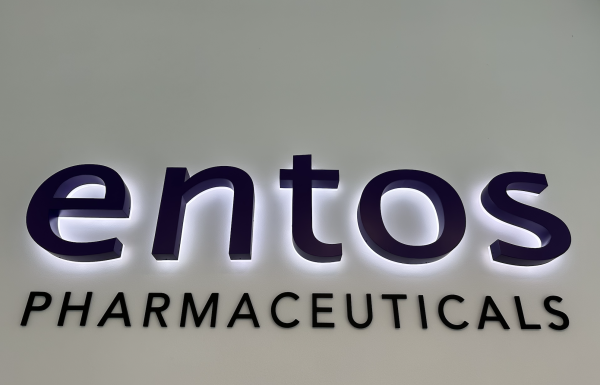
“Entos is still headquartered in Canada, but San Diego has a growing biotech region and has good connectivity with some of our partners, who are also U.S. based,” explained Dr. John Lewis, CEO and founder of Entos. “San Diego is a great place to live, so it is easy to attract top quality talent from around the country,” he added.
“Since I first came to San Diego in 2003, the biotech industry has grown substantially, like probably ten times, and it’s still growing, so I think the biotech in San Diego will rival the ones in the Bay Area very soon,” said Dr. Lewis, seeing a bright future for both his company and the surrounding scientific institutions.
Calibr is another well-known non-profit research institute that branched off from Scripps Research, founded on the idea that the creation of new drugs can be accelerated by pairing scientific research with medicine-discovery and development.
“Most of San Diego biotech started from academia,” said Dr. Shuangwei Li, Director of Toxicology at Calibr Scripps Research, “but the line between academia and industry is not very distinct.” Academia is another term for research, where scientists develop a medicine. Industry is where doctors actually test the drug. The two have many overlaps in the fact that there is experimenting and research being done, making the difference not very distinct. It is also where many drug ideas are created. This makes companies such as Calibr an extremely important aspect of a biotech community because they offer non-profit research and experimentation.
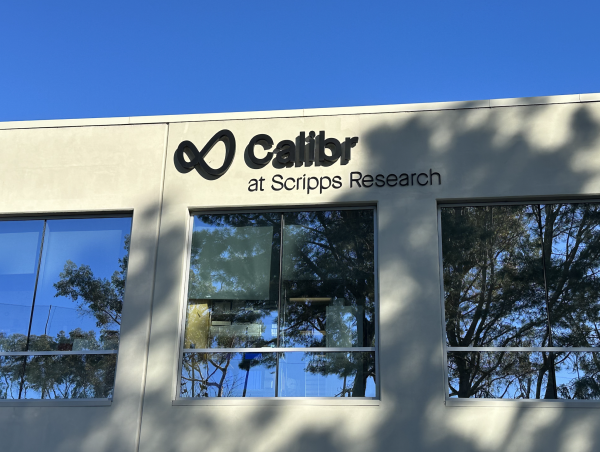
“San Diego is very unique because it’s so small and everybody knows everyone else,” Dr. Li added, “I think that really plays a big role, especially because San Diego has a lot of small biotechs so those personal relationships can really form a close team to fuel innovation.” The sense of community is a common reason why San Diego has a tight biotech community and was able to grow.
On top of research, biotech companies get the money they need to build a company from investors and they tend to lean toward biotech startups that are in San Diego. Dr. Raymond Chan, advisor for venture funds, investor, and co-founder of Nightingale Labs, a UCSD spin out company based in San Diego explained how biotech companies in San Diego were different. He has invested in ten biotech companies already. “The people here in San Diego tend to be much more collaborative because in other geographies, they can be a lot more back-stabbing and competitive. In San Diego, people lift each other up which generally lifts up the whole San Diego investing ecosystem,” he said. This means that more biotech companies want to move to San Diego which leads to more investing opportunities.
“In the early stage of investing, the founding team and track record [of the company] are enormously important as well as the ability to execute a compelling vision,” said Dr. Chan.
With the good resources, investors are more confident their investment can succeed. “It really is an innovation hub, with UCSD, SDSU, and all of the corporate research that’s present. It makes for a very rich environment to pursue work,” Dr. Chan adds, “and of course San Diego’s geography is so nice which is also very helpful. So with something so risky like investing, you kind of need a stable point and if your environment and quality of life is stable, then you can use it as an anchor point to do risky things in your day job.” With the help of investors such as Dr. Chan, San Diego biotech companies can get the needed money to pursue their work.
San Diego biotech has grown significantly and scientists, such as Dr. Chan, Dr. Li, and Dr. Lewis are positive it will continue on its path to even more success.


